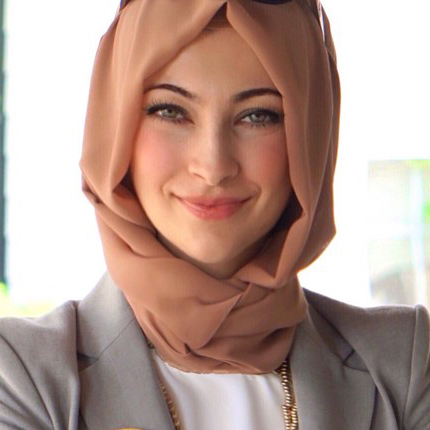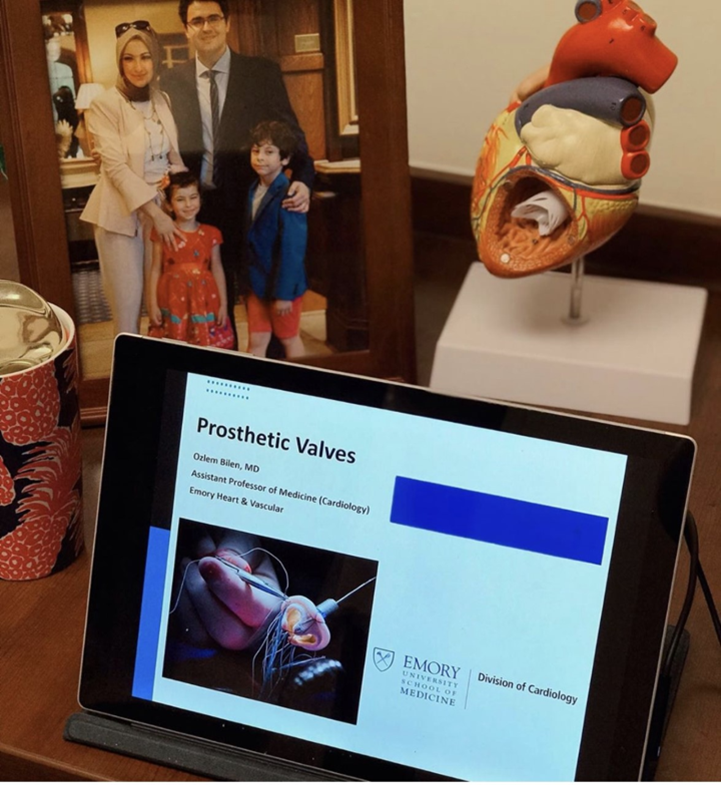Why Did I Choose Cardiology?
I am an assistant professor of cardiology at a major academic institution. Married to a busy academic oncologist, I am a mother of two young children at ages of six and eight. Cardiology is where I belong.

I always wanted to be a cardiologist because I wanted to make an impact in patients' lives.
It was the year 2009. I was a medical student rotating in cardiology. My mentor was the only female faculty in the division. She was smart, confident, well-respected and gentle with a caring heart. We saw patients together. Her patients adored her and she saved their lives. She took me to her office and her family photo was sitting on her desk – two young children. I vividly picture the 3D heart model sitting next to her family photo. That is what I wanted my life to look like. A woman heart hero.
During internal medicine residency training, my passion for cardiology grew stronger. Yet, I noticed that the culture in cardiology was not perceived to be friendly, especially for women with young families. The training had long hours, was physically and emotionally demanding, and very competitive. Also, a cardiologist was historically associated with a stereotypical image of a white man. Women were sometimes perceived as less competitive or competent, particularly if they displayed a gentle demeanor. During several of my interactions, I was "warned to change my mind."
These obstacles did not get into my way.
I successfully completed my cardiology training and now I am thriving in my career. I am among many other female cardiologists in my division. My family photo is sitting on my office desk, next to a 3D heart model.

So why did I really choose cardiology?
Indeed, cardiology is fascinating and empowering, especially for women. Here is why.
Cardiology is an extremely fulfilling field. Heart disease is the number 1 killer and cardiologists make a big impact in lives. Yet, there are significant gender disparities in cardiac disease management, and that will only get better with the vision of female scientists in the field.
It is intellectually challenging and engaging. We use cardiac physiology, anatomy and pathology in daily practice! It is very satisfying for curious and creative female minds.
There are many paths to choose from. One can be a structural cardiologist and perform state of art procedures, an interventionalist and save lives every day, an electrophysiologist and do magic with electric circuitry of the heart, a general cardiologist and deliver excellent patient care, or an imager.
There is lots of flexibility. One can practice in private setting and build their own practice, or one can remain in academia and engage in education and research. Fellowship provides a very broad training to prepare us for any setting.
Cardiologists are very independent. We know how to use our own tools such as invasive techniques, echo, CT, MRI and nuclear imaging. We can prevent, diagnose and treat.
Cardiology is among the most evidence based practiced field with fast data growth.
Training does include busy hours and a demanding schedule. However, it gets a lot easier afterwards, and one gains more control over their schedule.
It is fairly well compensated.
Most importantly, caring for hearts is extremely rewarding. Seeing patients who turn back to life from near death is truly fascinating.
We need more women with delicate multitasking skills and a loving heart. After all, if we do not do it, than who will?